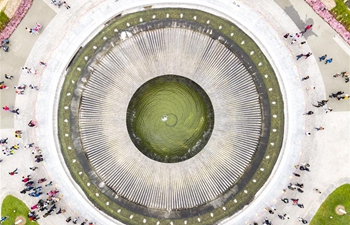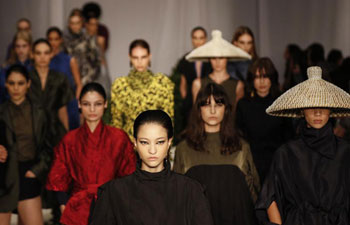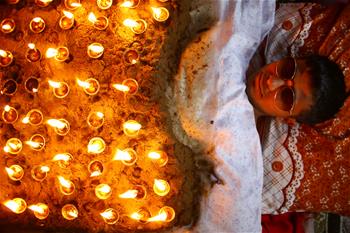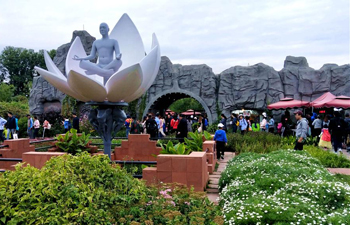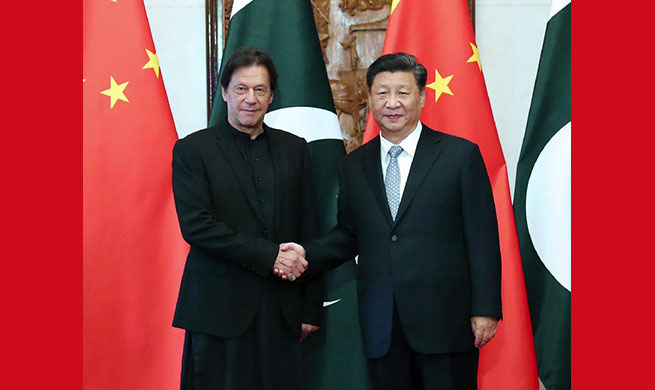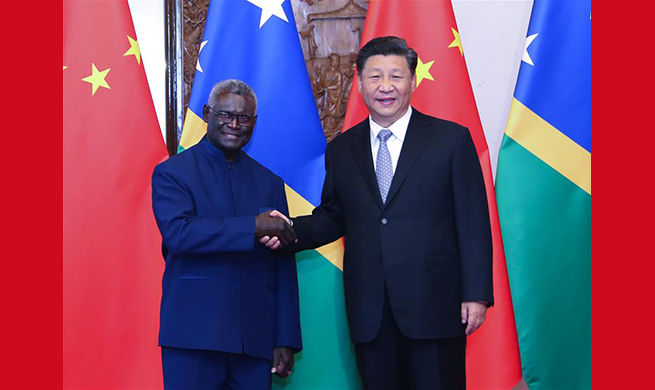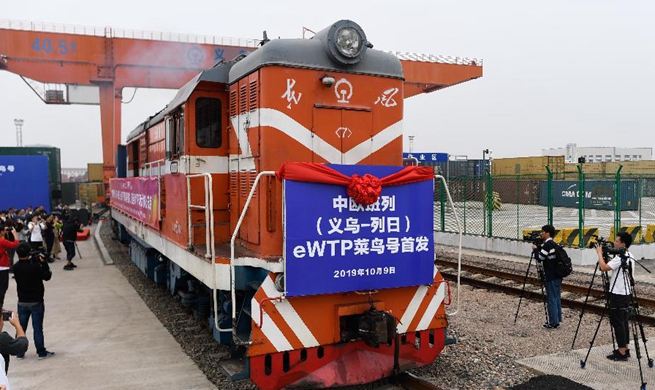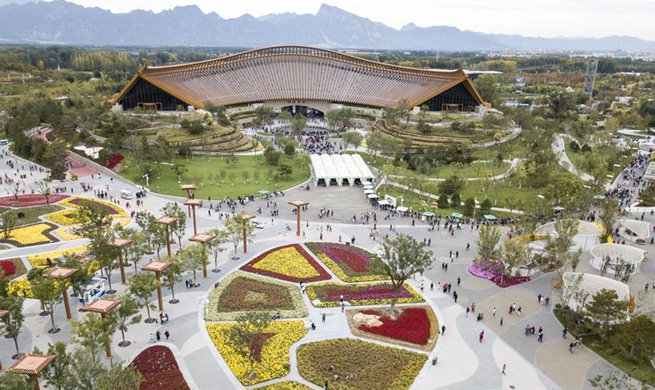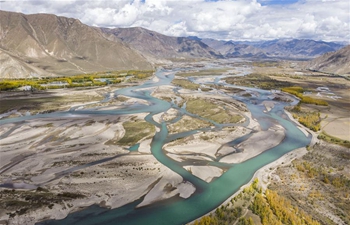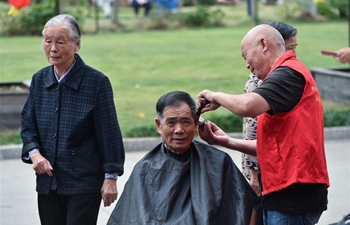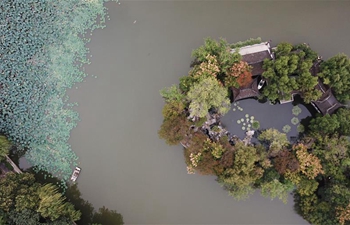CAIRO, Oct. 9 (Xinhua) -- Egypt's Prime Minister Mostafa Madbouli on Wednesday accused Ethiopia of violating previous agreements related to the Nile water, official news agency MENA reported.
Addressing a general session of the House of Representatives, Madbouli said that Ethiopia took a unilateral decision in 2011 to build the Grand Ethiopian Renaissance Dam (GERD).
He added that Ethiopia has rejected all proposals submitted by Egypt to solve the difference in the latest round of negotiations held in Khartoum.
Stressing the negotiations have reached "a deadlock," the prime minister noted that "it is quite clear that Ethiopia wants to impose the status quo on Egypt, and so we find that it has become very difficult to reach agreements with Ethiopia."
Meanwhile, Madbouli added that the dialogue is still open for reaching a solution to the issue of the GERD in a way that will not harm the Egyptian rights to the Nile water.
When Egypt asked for an international mediator, Ethiopia called for more negotiations with the consultancy houses, he added.
Ethiopia has declared that an experimental operation of the dam will take place in early 2020, said Madbouli.
He indicated Egypt has the rights based on article 10 of the Declaration of Principles to seek a mediator that can resolve differences in a scientific way.
He stressed that Egypt, with all its institutions, is committed to preserving its historical rights to the Nile water.
At the same parliamentary session, Egyptian Foreign Minister Sameh Shoukry said that "Egypt is proposing that the World Bank acts as a mediator for settling the differences."
He stressed the file of the Nile water and the Ethiopian dam is on top of the Egyptian State's priorities.
"The Egyptian water security is part and parcel of the Egyptian national security," the foreign minister added, confirming Egypt works to defend its rights to the Nile water.
"Egypt will never allow Ethiopia to impose the status quo and Egypt has the power not only to protect its rights to the Nile water but also to resort to international law in this respect," added Shoukry.
Egypt, a downstream Nile Basin country, is concerned that the GERD might affect its 55.5-billion-cubic-meter annual share of the river water. Meanwhile, upstream Ethiopia and downstream Sudan eye massive future benefits through the dam.
The last round of talks on the GERD that wrapped up on Saturday in the Sudan's capital Khartoum has ended in a stalemate, according to the Egyptian side.
Egyptian Ministry of Water Resources and Irrigation said in a statement that the negotiations in Khartoum were a step back from all the principles previously agreed upon for the filling and operation of the dam.
But Ethiopian Prime Minister Abiy Ahmed tweeted "Ethiopia stands ready to resolve any difference and outstanding concerns by consultation among the three countries."
Egypt fears Ethiopia is moving too fast to complete the dam and its timetable will create water and food scarcity, which will put millions of Egypt's farmers out of work. Egypt relies on the Nile for 90 percent of its fresh water.
"We want to assure every Egyptian that the government is implementing a number of giant water projects until 2037," said Madbouli.
Parliament speaker Ali Abdel-Aal urged Ethiopia to exercise wisdom and to show respect for Egypt's rights.
"We still have a lot of diplomatic and peaceful channels," Abdel-Aal said, adding that there is a red line that none should exceed.
